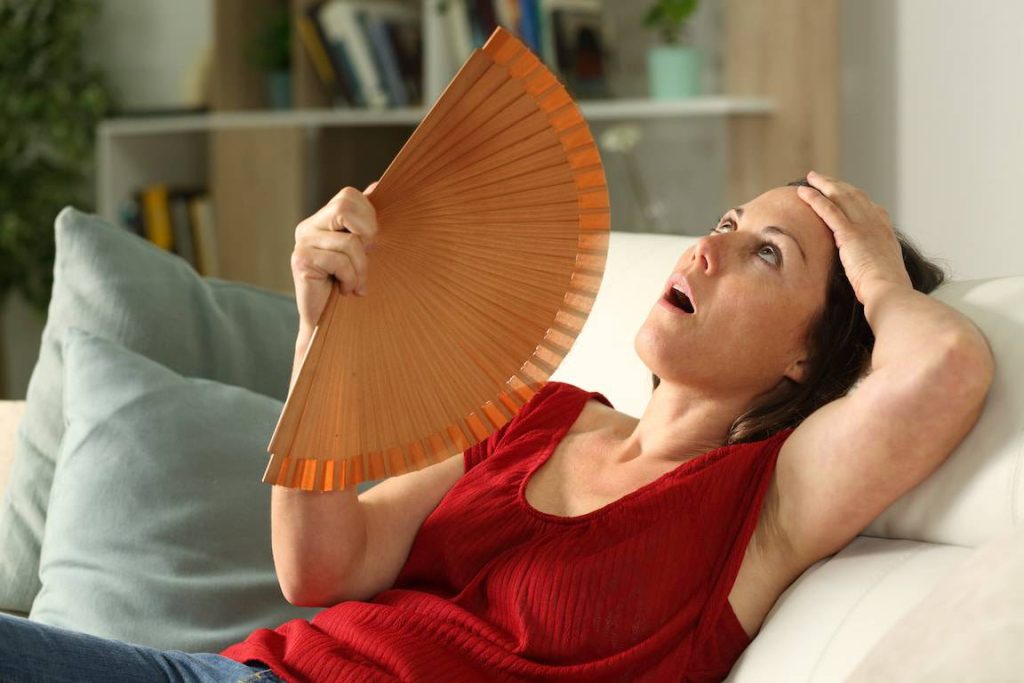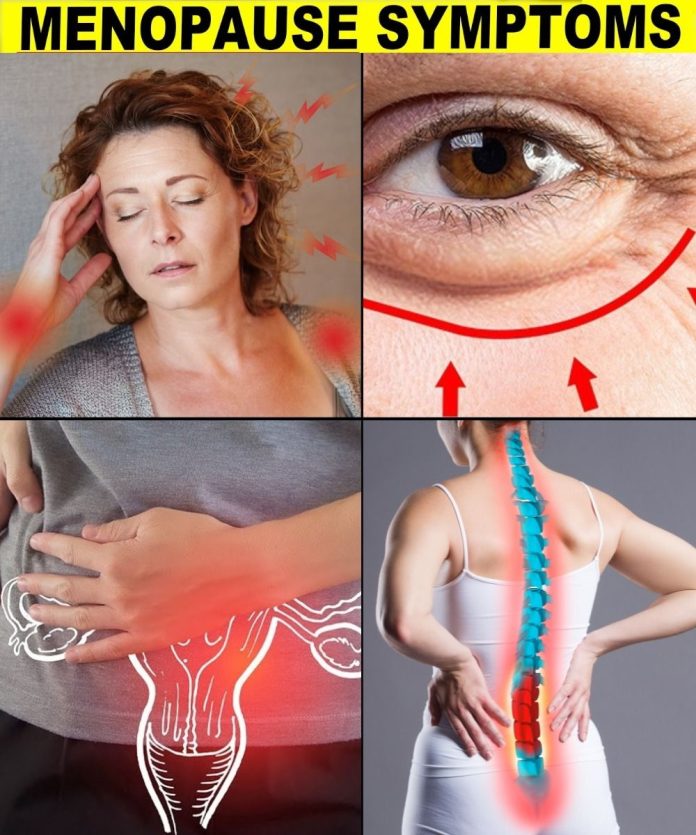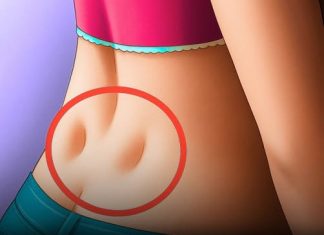Menopause may not come with an immediate disappearance of periods or a dramatic health event—it often unfolds subtly, creeping in with changes many overlook. Recognizing these early signs is vital for women’s well-being, especially since menopause typically begins in the late 40s and early 50s, averages around age 51 in the US and UK, and can span years .
Here are nine key indicators you might be in perimenopause or menopause, and why understanding them matters.
1. Irregular Periods
One of the most noticeable signals is a changing menstrual cycle: periods may arrive too early, too late, or with unusual flow—lighter or heavier than before . As hormone fluctuations begin, monthly cycles lose their predictability, signaling a transition rather than a sudden “pause.”
2. Hot Flashes and Night Sweats
Often the hallmark of menopause, hot flashes manifest as sudden intense warmth, flushing of the face and neck, and sweating. When these episodes occur at night, they’re known as night sweats, which often disrupt sleep. Estrogen dips impact the brain’s temperature regulation center—the hypothalamus—causing these uncomfortable waves.

3. Sleep Disturbances
Hot flashes are just one contributor—many women also grapple with insomnia, fragmented sleep, or wakefulness at night (some report waking at 3 a.m.). Declining estrogen and progesterone disrupt sleep cycles, resulting in daytime fatigue and irritability .
4. Mood Swings, Anxiety, and Depression
Perimenopause can unleash a whirlwind of emotions. Studies show significant portions—up to 40%—experience depression, anxiety, mood swings, or tearfulness during the transition . Many dismiss these as “stress” or “burnout,” without realizing that changing hormones play a key role.
5. Brain Fog & Memory Lapses
Has it become harder to focus, retrieve words, or remember details? “Brain fog” is a common complaint during menopause, attributed to fluctuating estrogen levels affecting cognition, concentration, and short-term memory. These changes may be temporary, but they add stress during an already transitional time.
6. Vaginal Dryness & Sexual Changes
Estrogen’s decline impacts vaginal tissues—causing dryness, thinning, and irritation—which may make sex uncomfortable or painful. Many women also notice diminished libido. Additional urogenital issues include urinary incontinence, recurrent UTIs, and pelvic relaxation.
7. Physical Discomforts (Joints, Breast, Hair, Skin)
- Joint aches and stiffness: Hormonal shifts can contribute to body aches, joint pain, and sometimes new-onset stiffness or arthritis-like symptoms.
- Breast tenderness or volume changes: Fluctuating hormone levels may cause breast soreness, fullness, or reduction in size over time.
- Hair and skin changes: Estrogen supports collagen production; when it declines, skin may become dry, thin, or less elastic, and hair can thin or grow in new places .
8. Weight Gains & Metabolic Shifts
It’s common to notice an increase in belly fat or weight gain even if diet and activity levels haven’t changed . Lower estrogen levels link to metabolic slowdown, visceral fat accumulation, and changes in cholesterol and insulin regulation.
9. Cardiovascular & Bone Health Risks
Estrogen helps protect bone density and cardiovascular health. During and after menopause, women face increased risk of osteoporosis (bone thinning) and heart disease due to hormonal loss and metabolic changes .
Understanding these symptoms allows women to:
- Address health concerns early—from sleep issues to mood and memory challenges
- Access treatment options, including hormone replacement therapy (HRT), lifestyle adjustments, or non-hormonal aids
- Maintain quality of life, with proactive management from healthcare providers
What You Can Do
- Track symptoms (e.g., sleep, mood, hot flashes, cycle changes) to identify patterns.
- Consult a medical provider, ideally a menopause specialist or gynecologist, when symptoms become disruptive.

Explore treatment options:
- HRT: effective for hot flashes, mood, bone and heart health—best started near menopause onset.
- Non-hormonal remedies: SSRIs, gabapentin, cognitive behavioral therapy, lifestyle measures.
- Lifestyle strategies: balanced diet, regular exercise, sleep hygiene, stress management—Mediterranean-style eating may improve symptoms
Menopause is not just the end of menstruation—it’s a holistic shift affecting mood, body, sleep, cognition, and long-term health. Early detection and professional guidance pave the way for effective treatment and smoother transitions. Recognizing these nine key signs empowers women to reclaim comfort, confidence, and health during this vital life stage.

















